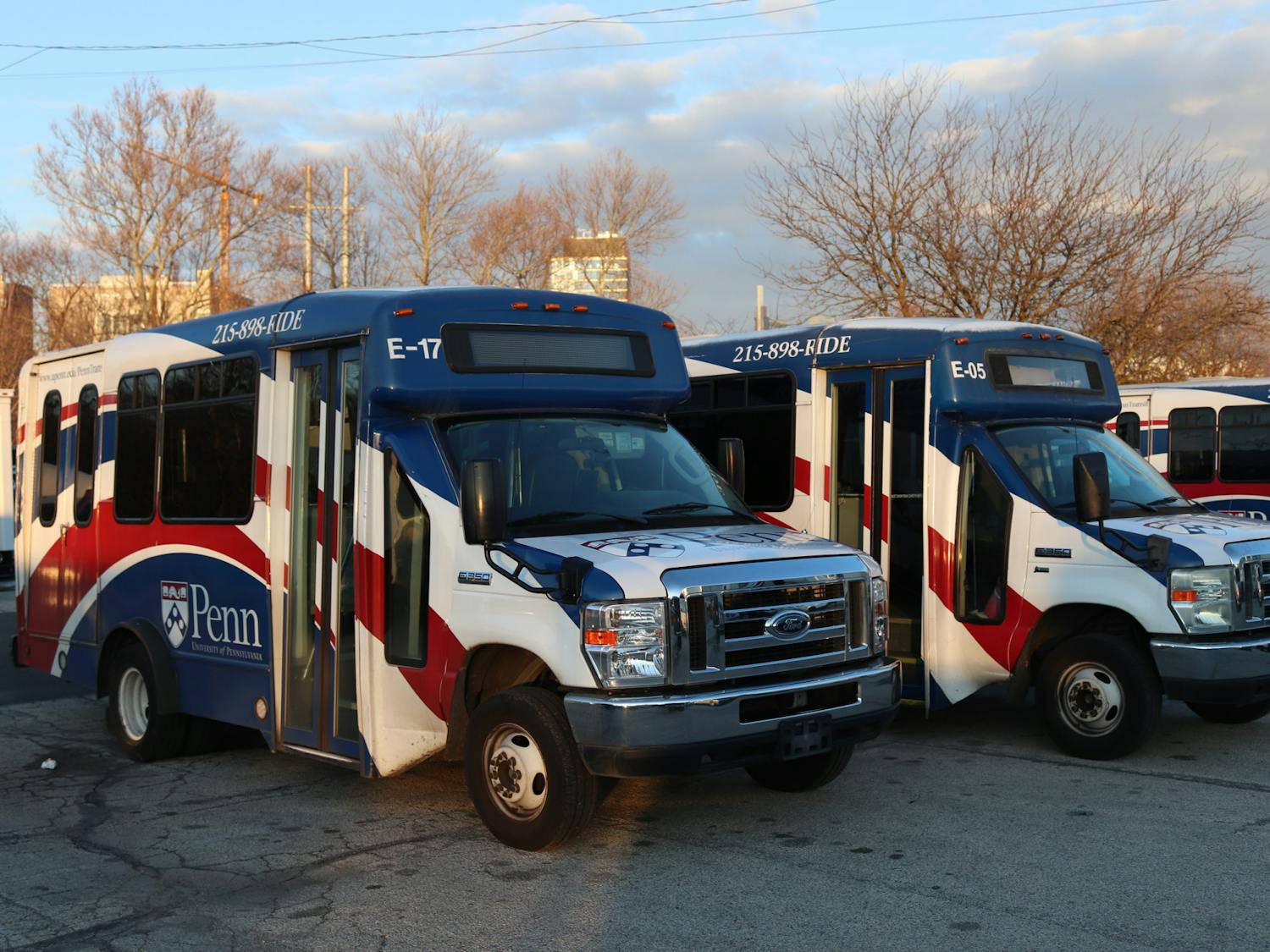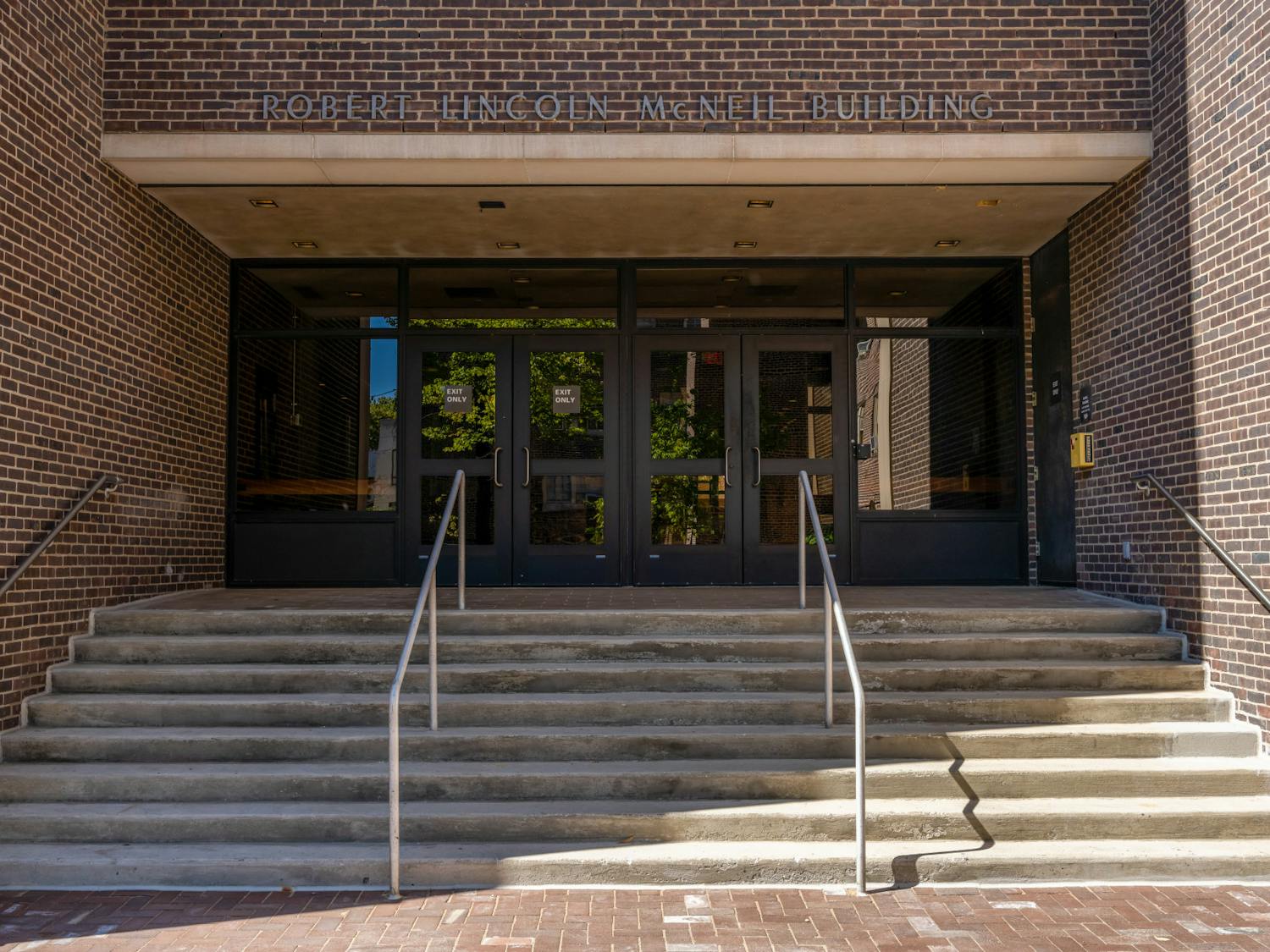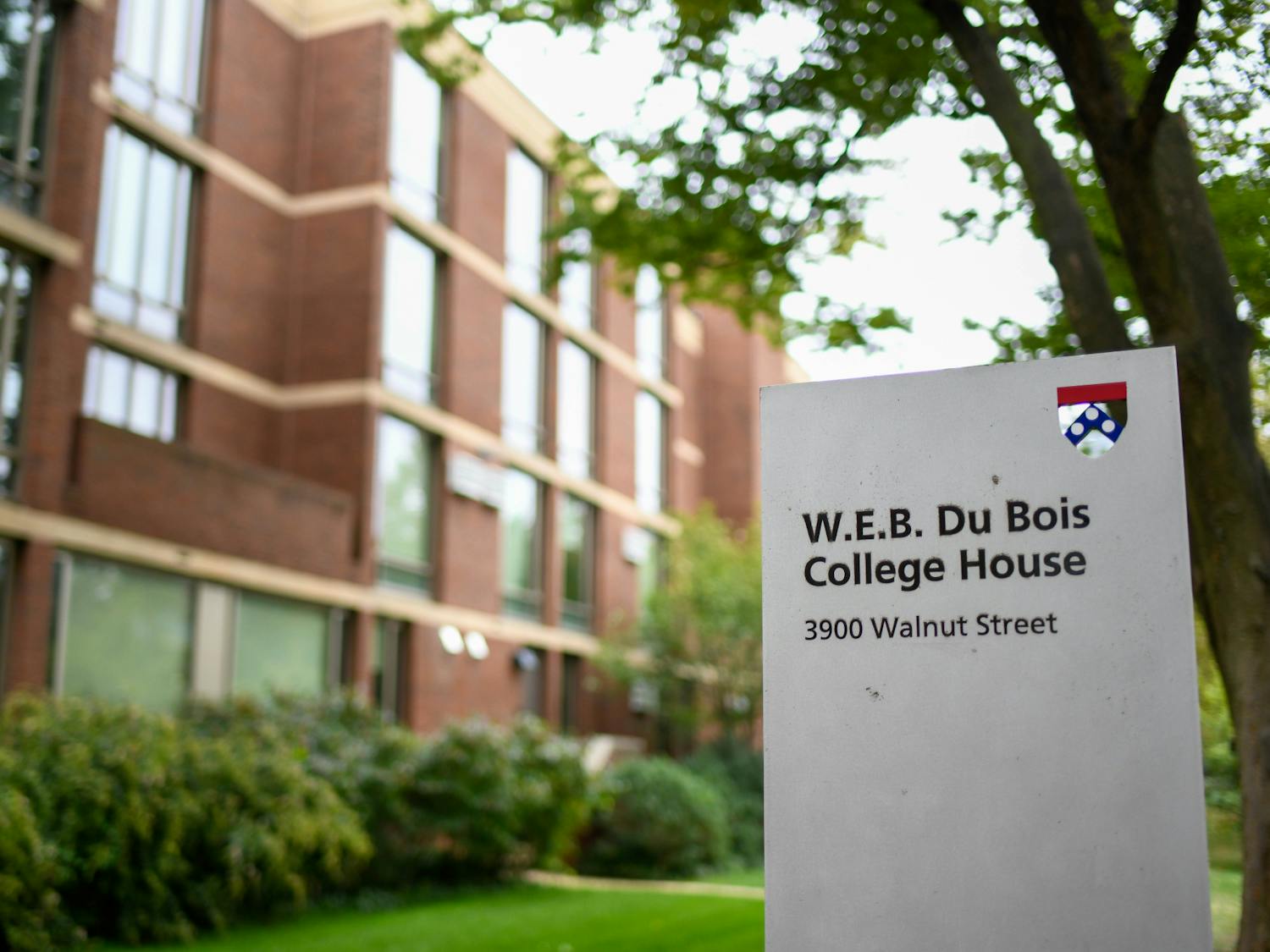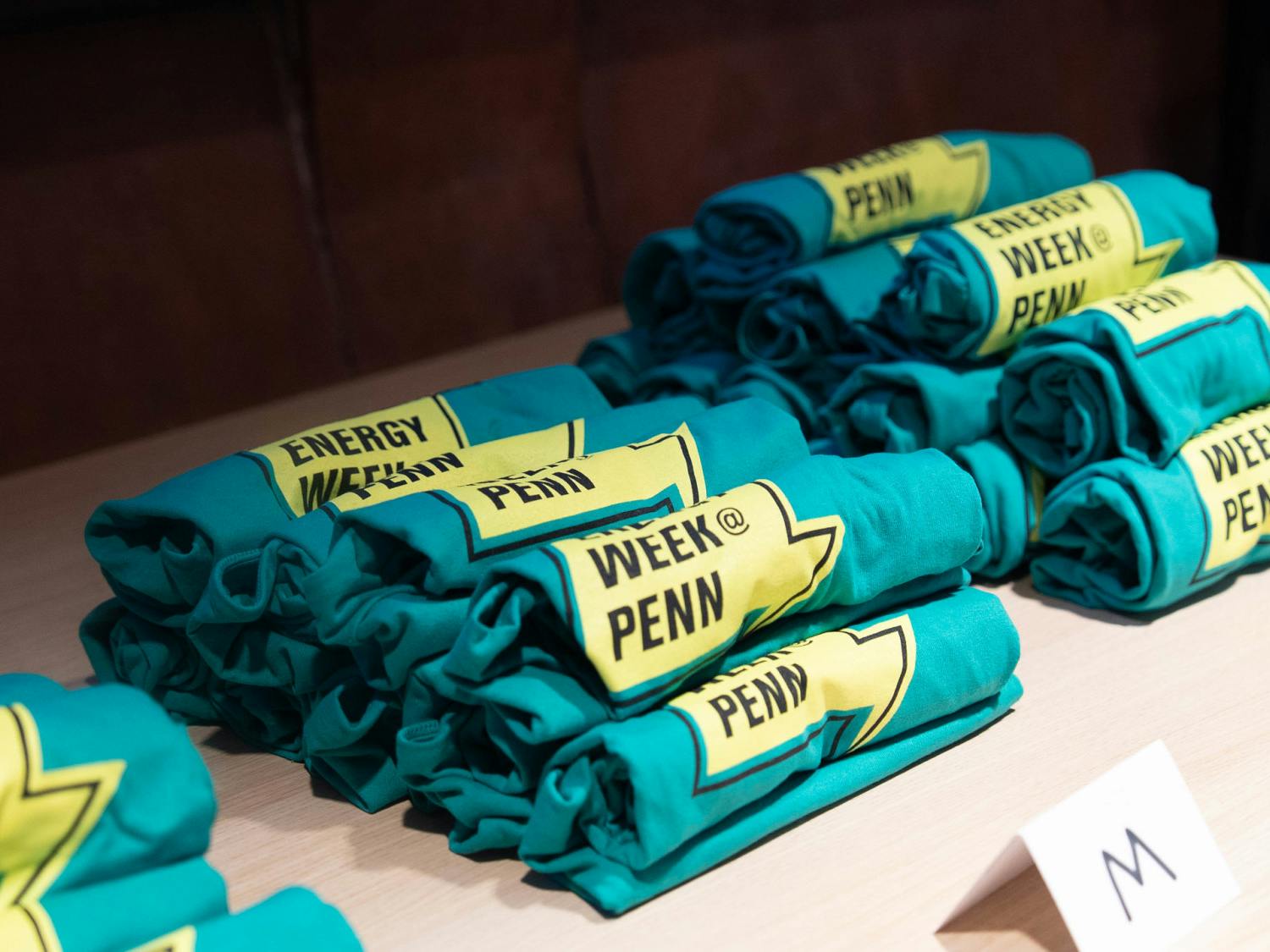Coterie. Company. A union. An alliance. Each of these words or phrases can be found in a thesaurus listed next to the word "community."
Creating a residential community is one of the main goals of the college housing program, which consists of 11 different houses.
Building community in Hill College House or the Quadrangle may come naturally, due to the concentrated population of freshmen. However, in other college houses where multiple classes live together, fostering a sense of unity can be a more daunting task.
With so many different dormitories, Penn has enlisted the help of a team of residential advisers and graduate associates to facilitate the University living process.
While some RA and GA activities may be specifically geared toward freshmen new to the University experience, their responsibilities extend far beyond easing the tensions of underclassmen.
RAs and GAs "provide information about and make referrals to University and Philadelphia resources, serve as academic role models [and even] organize social, cultural and recreational activities," says Pamela Robinson, associate director for College Houses and Academic Services.
Robinson explains that to prevent upperclassmen from feeling disconnected from their RAs or GAs, "RAs and GAs are prepared during their training to address the needs of all students, including those who need less support."
According to a 2004 online housing survey, "46 percent of all respondents rated their GAs and RAs as excellent, with an impressive 47 percent saying they enjoyed contact with them more than 10 times throughout the year," says Sue Smith, the associate director of communications for CHAS.
College senior Carrie Greene was one such RA reviewed in last year's housing survey. Greene says she enjoyed the experience so much, she decided to stay on for a second year as an RA in Harrison College House. She understands that as students get older, their dependency on RAs may decrease.
"I do think that residents' distance from me and from the hall in general increases in proportion to their number of years at Penn, because we all get more entrenched in our own campus lives," Greene says.
Still, Greene feels a strong connection to assisting her residents in all ways possible, especially sophomores, whom she believes "are generally more happy-go-lucky" residents.
Other RAs, like Engineering senior Mark Kupets -- who lives in Harrison -- also understand the growing distance between upperclassmen and their RAs or GAs, but he says he is always there when the opportunity arises and a resident needs advice.
"I think that my responsibilities to upperclassmen are to be there for them when they need me, and offer them opportunities to have fun and be involved in the community in Harrison," Kupets says.
Wharton and College junior Danielle Qi echoes Kupets' remarks, adding that not only must she be available to her upperclassman residents, but also her high rise floor must "serve as a manageable group, a mini-world within the potentially overwhelming group in the building as a whole."
Creating such a community is important, Robinson notes, because "the majority of students tend to move to different houses throughout the time that they are living on campus."
Beyond creating a comfortable living situation, having advisers on every floor of each college house creates an invaluable resource for students.
Even for those upperclassmen familiar with the Philadelphia area, no one can expect to know everything about the city. RAs and GAs can help expose students to "different resources around Penn and Philly that they may not have seen yet," Qi says.
In addition, "GAs can deliver a wealth of advice to residents based on their firsthand experience in the working world and in graduate school," Robinson says.
While it is true that the more time spent on campus and in the city, the less guidance students need to navigate those areas, there are always aspects of life where upperclassmen may benefit from additional advice.
Janet Gripshover, a second-year graduate student in the School of Nursing, is one example of the many knowledgeable GAs on campus ready to be that extra helping hand.
She believes that "while many friendships are formed during freshman year, those relationships are reinforced through the relationships people have in their remaining years in college. Our job as [GAs and RAs] is to provide a healthy and safe arena where both old and new friendships can flourish."








